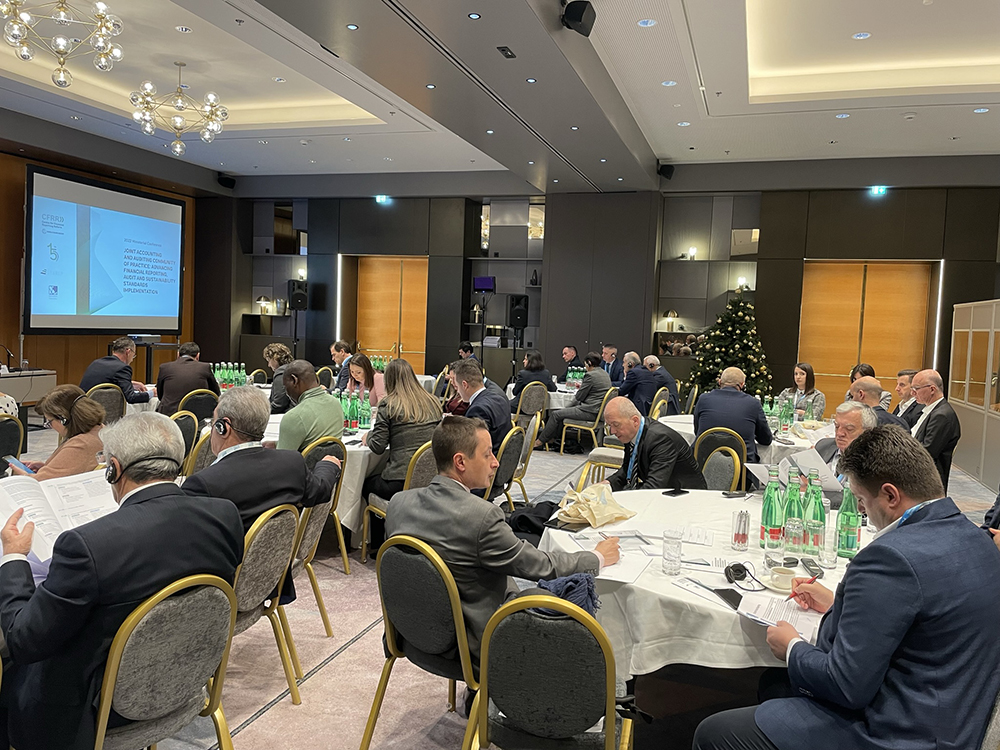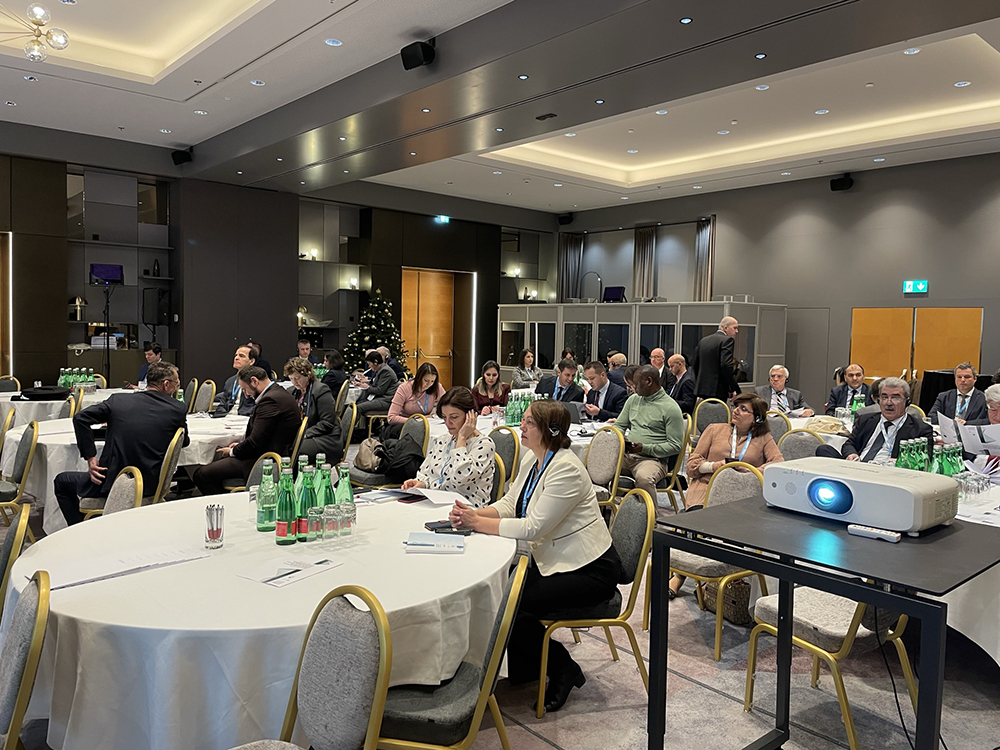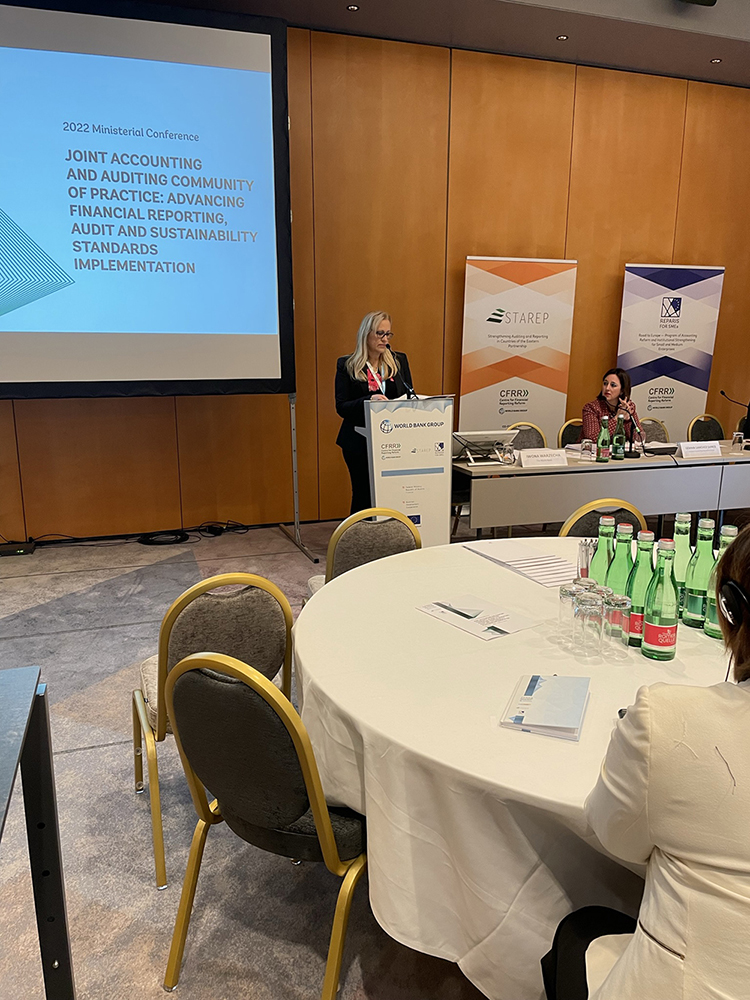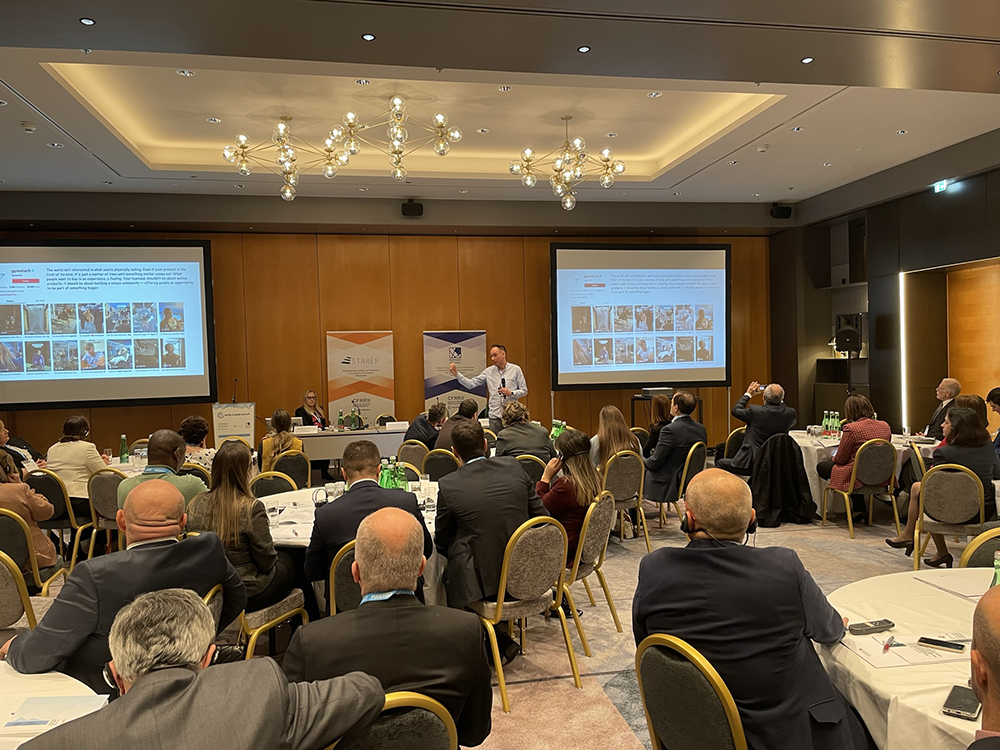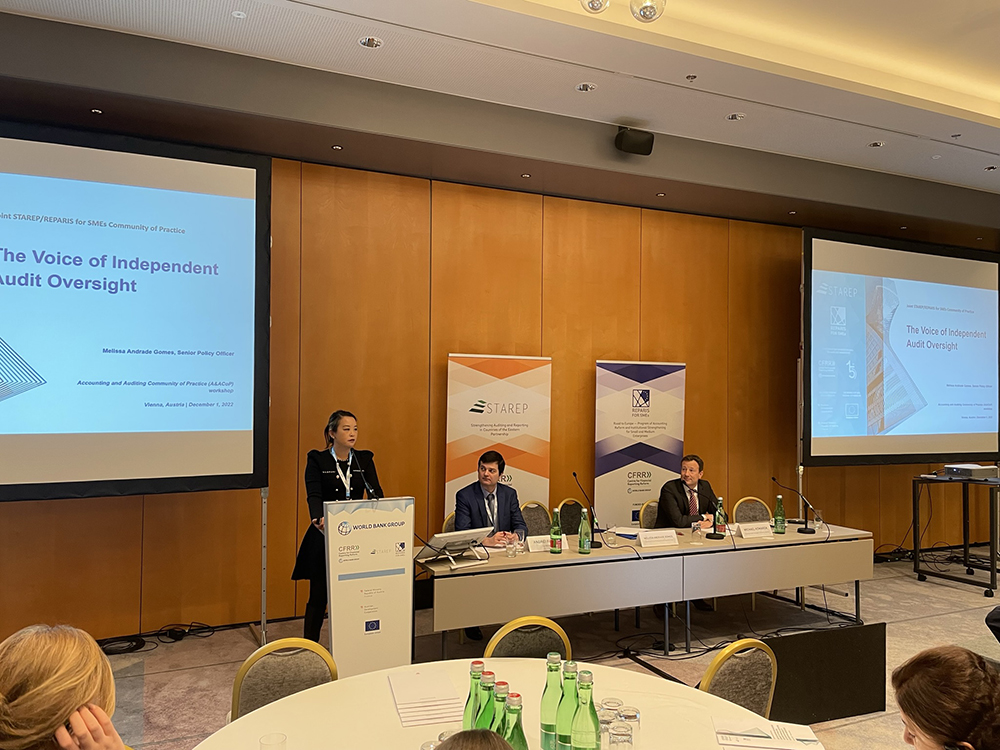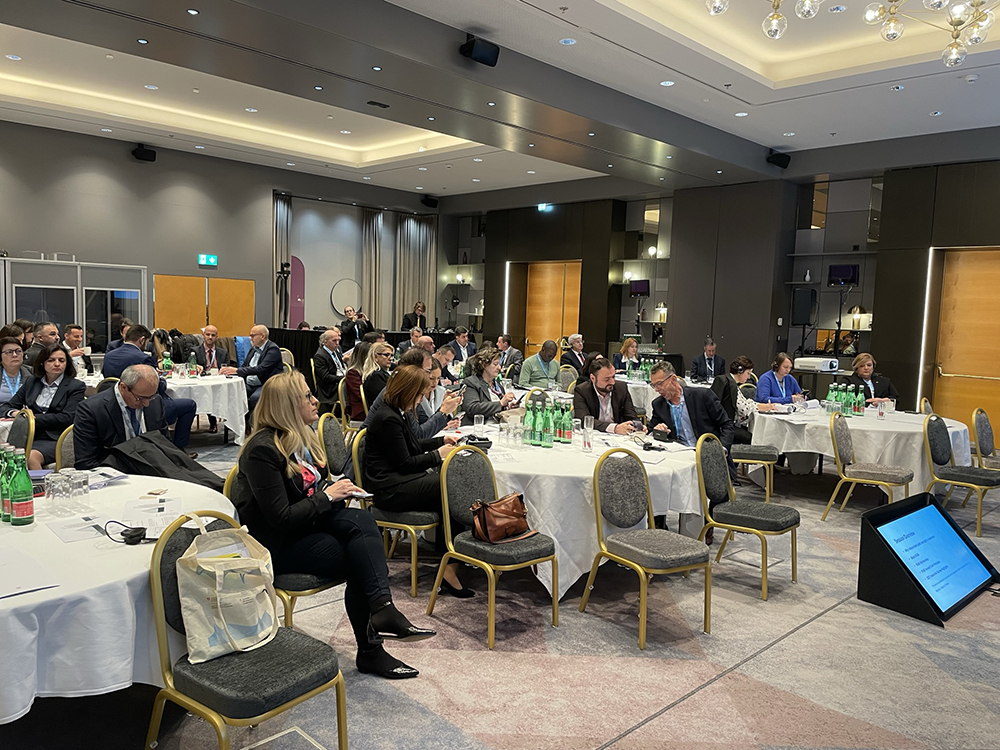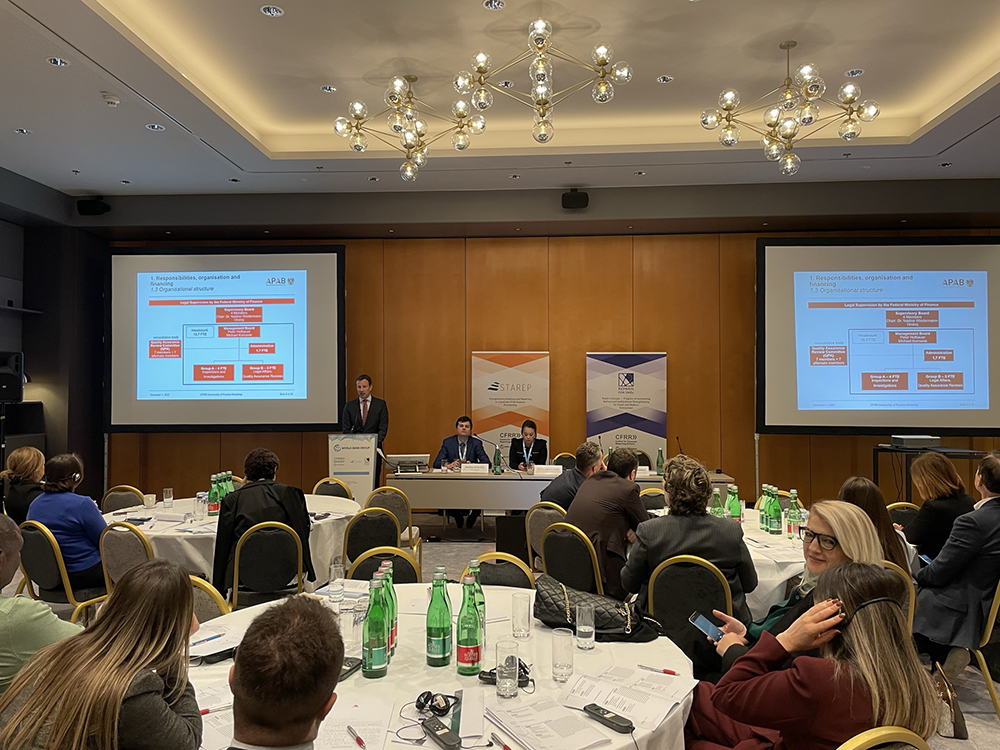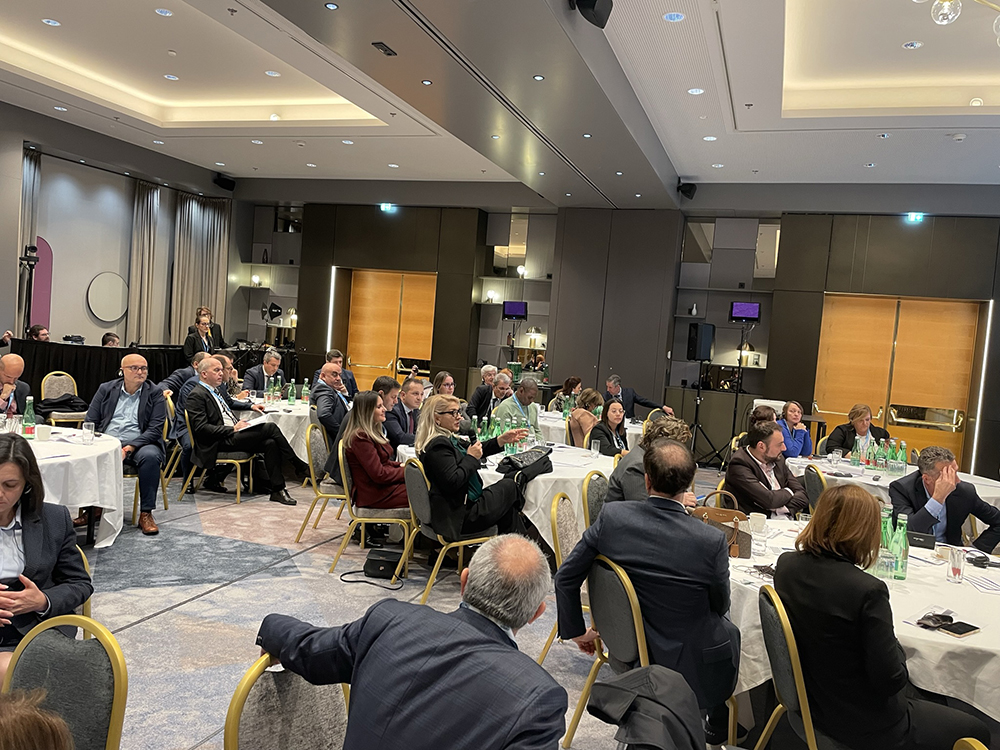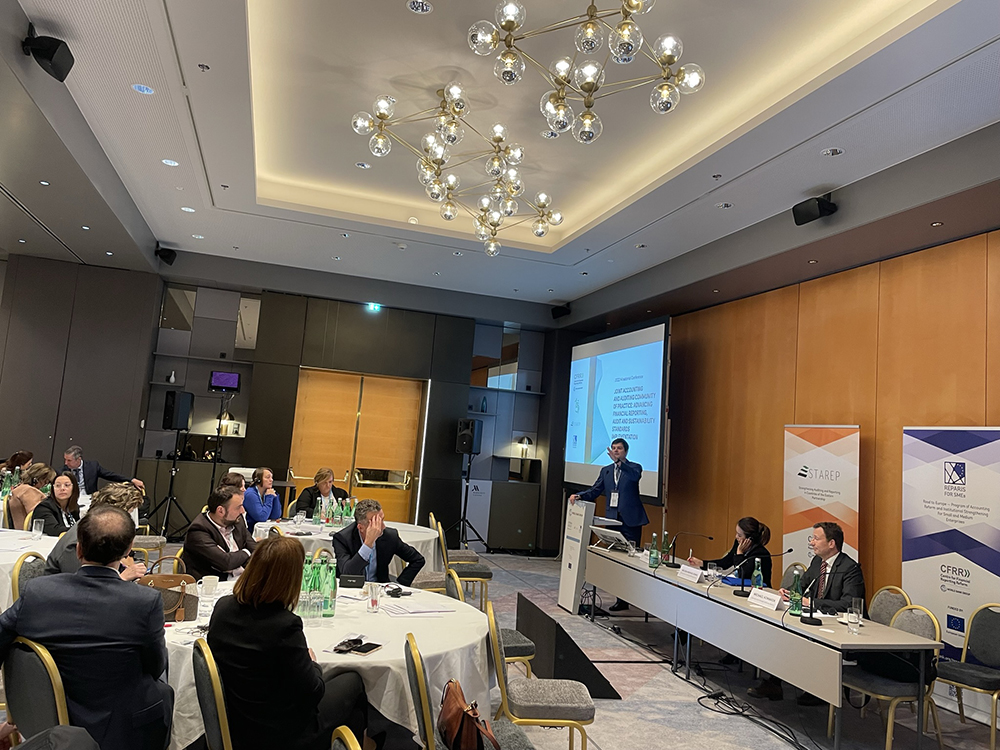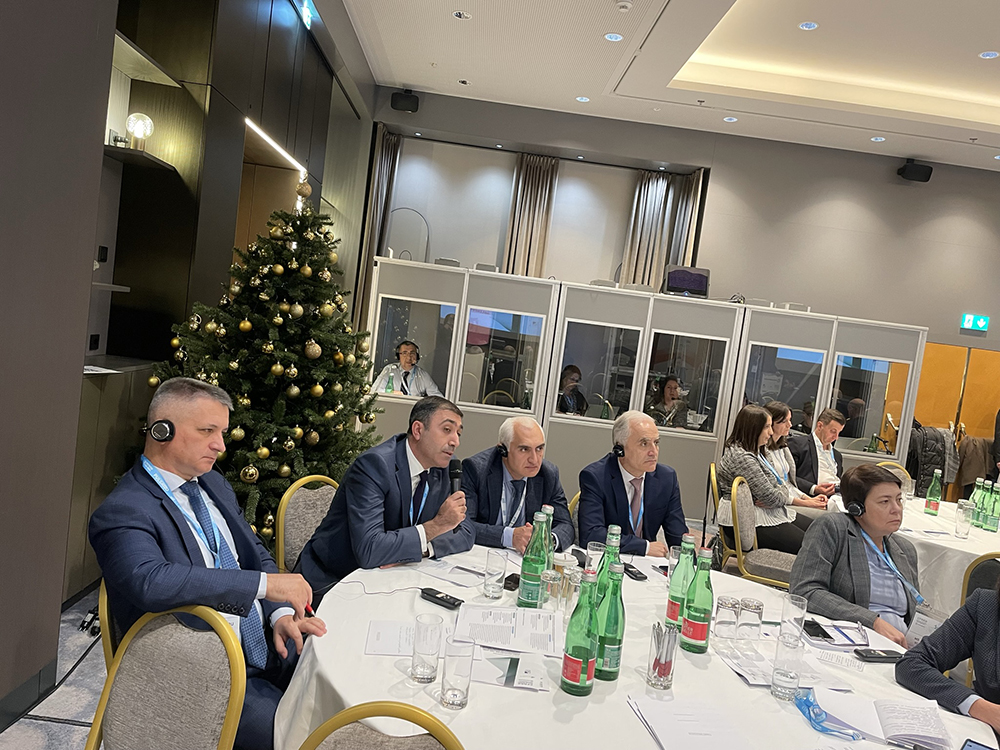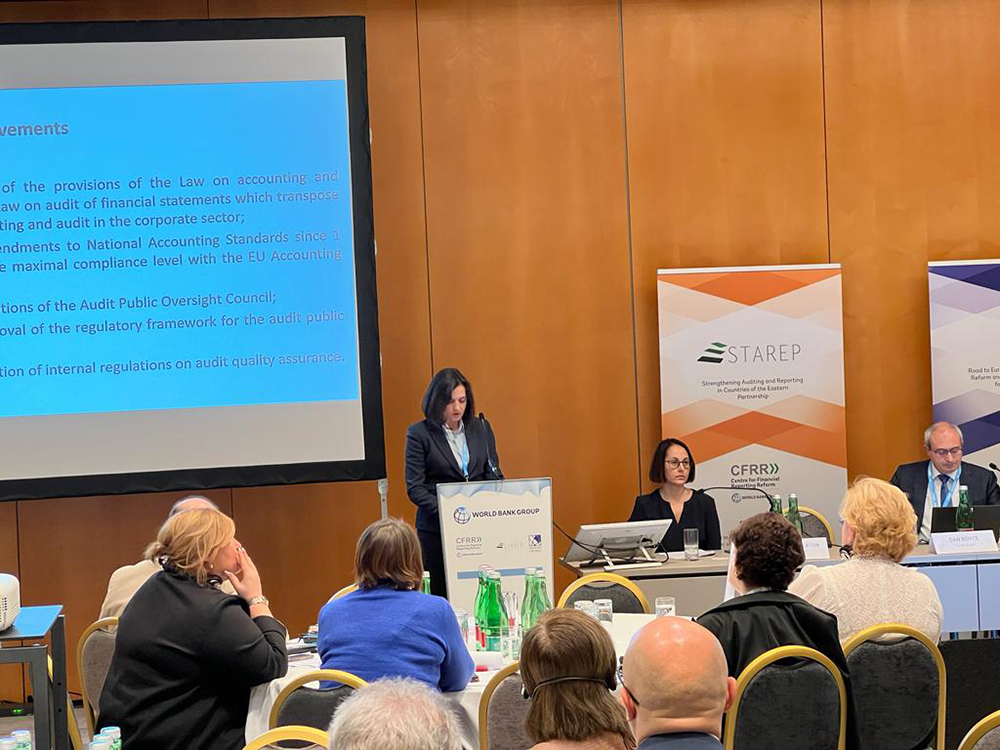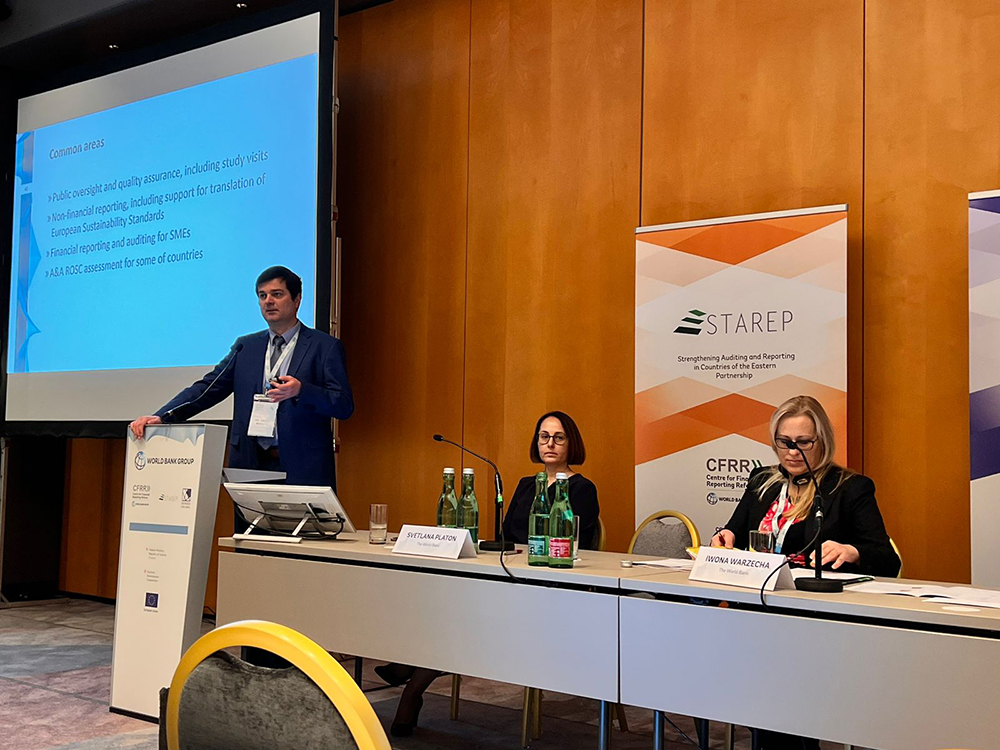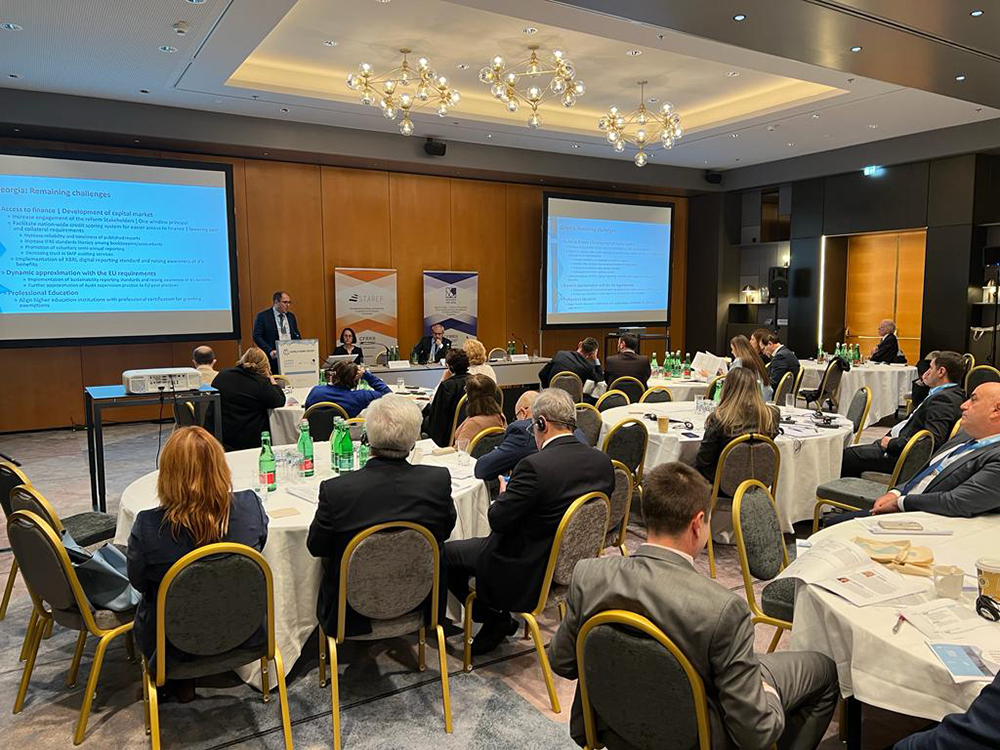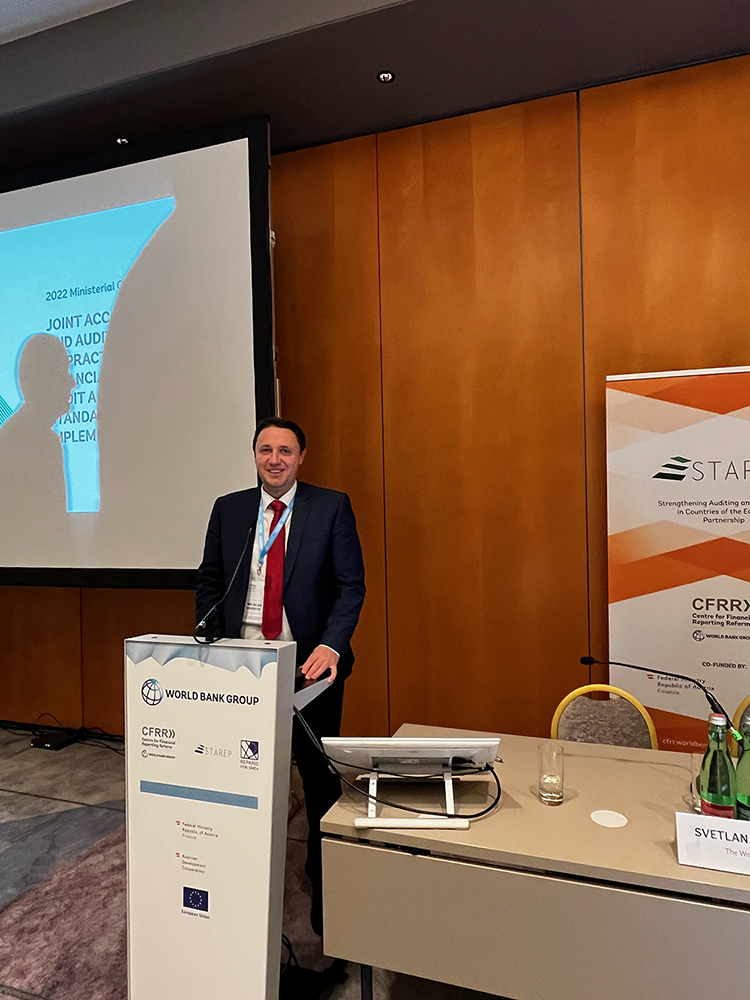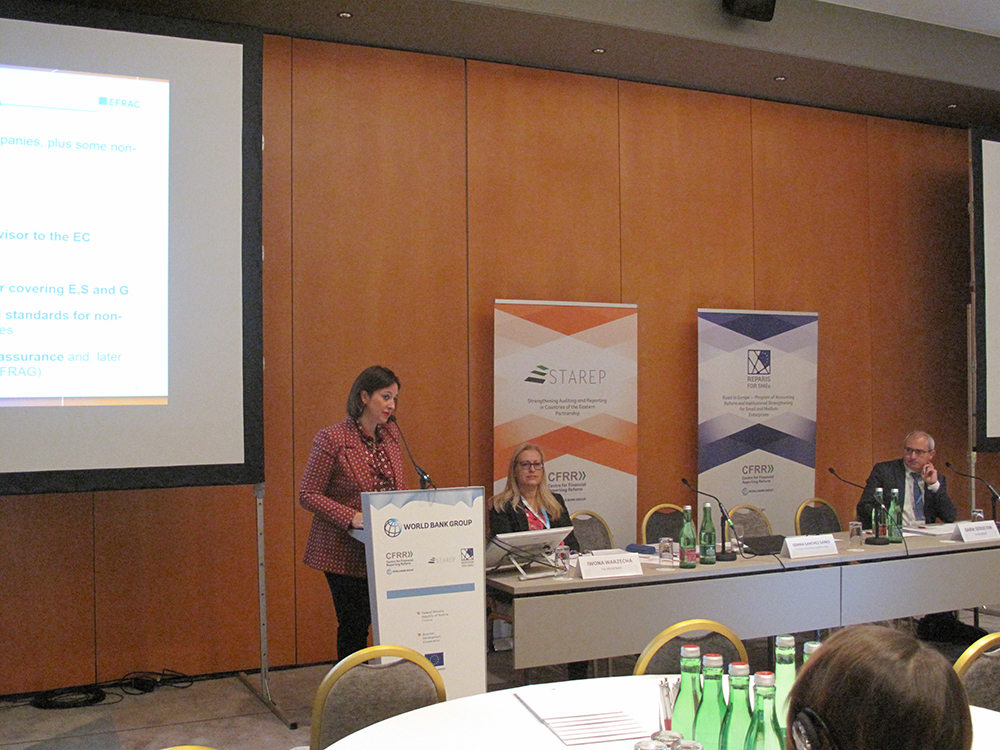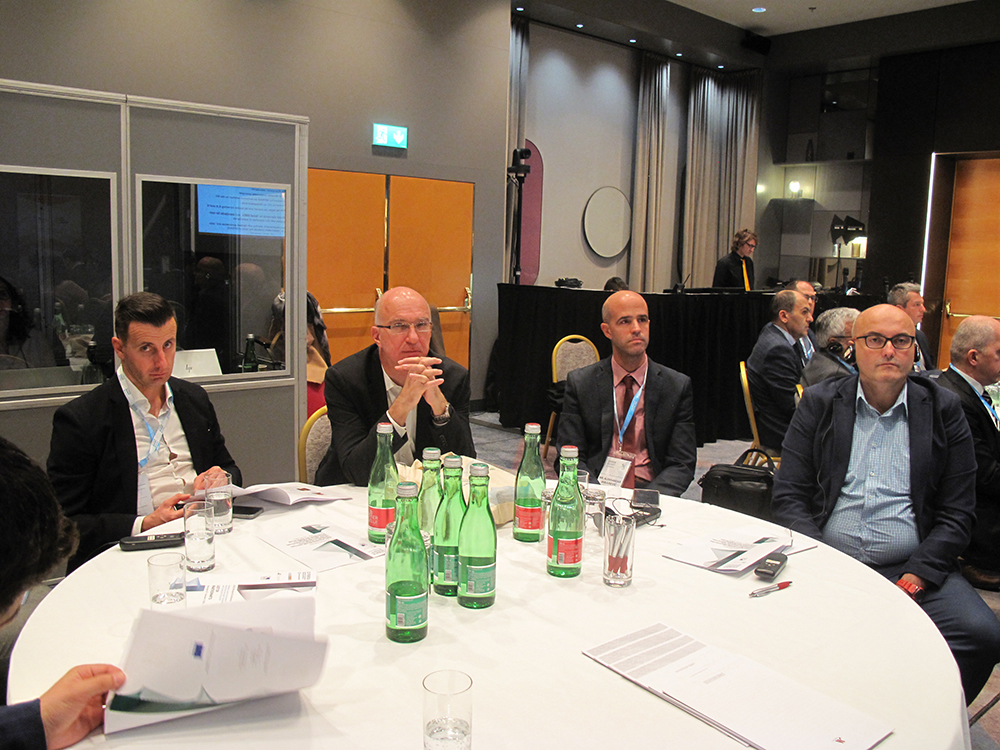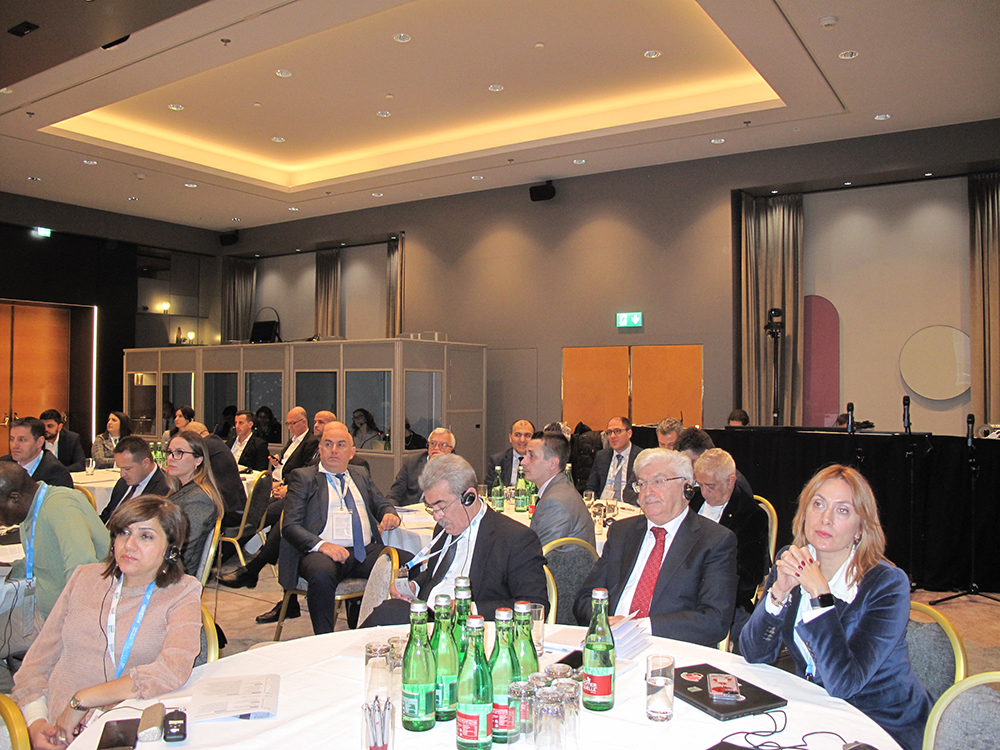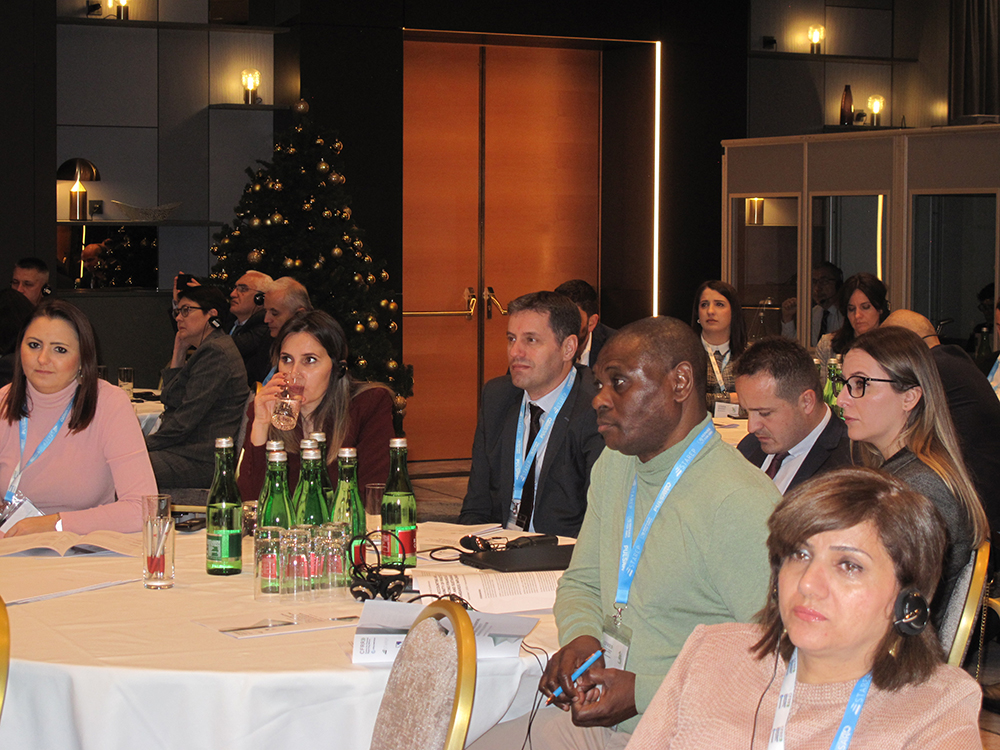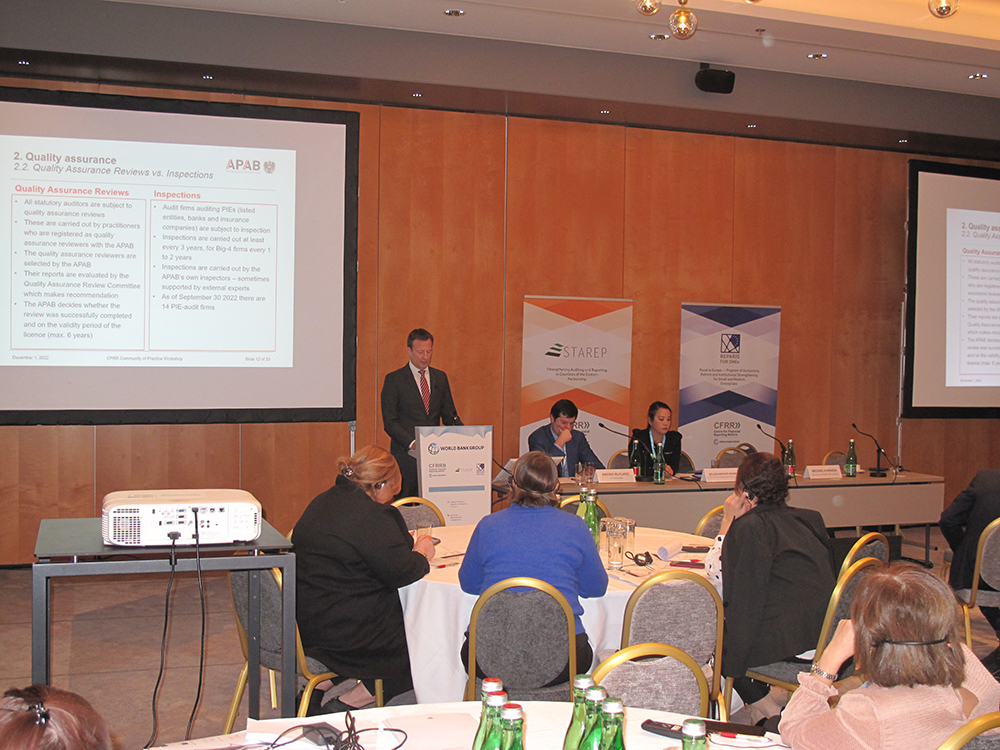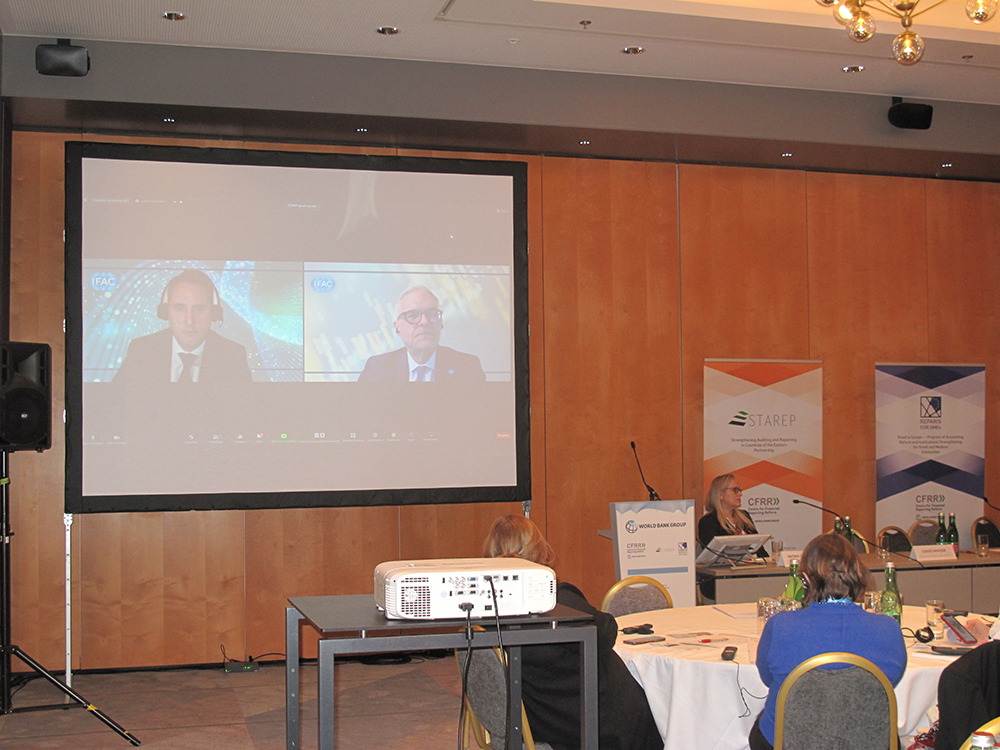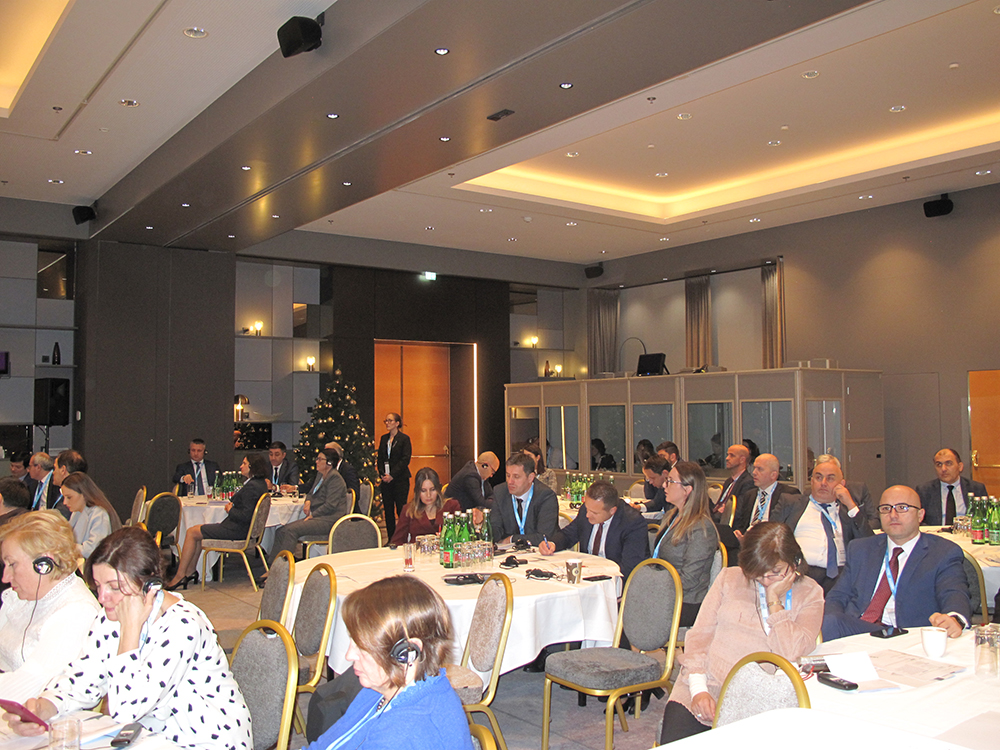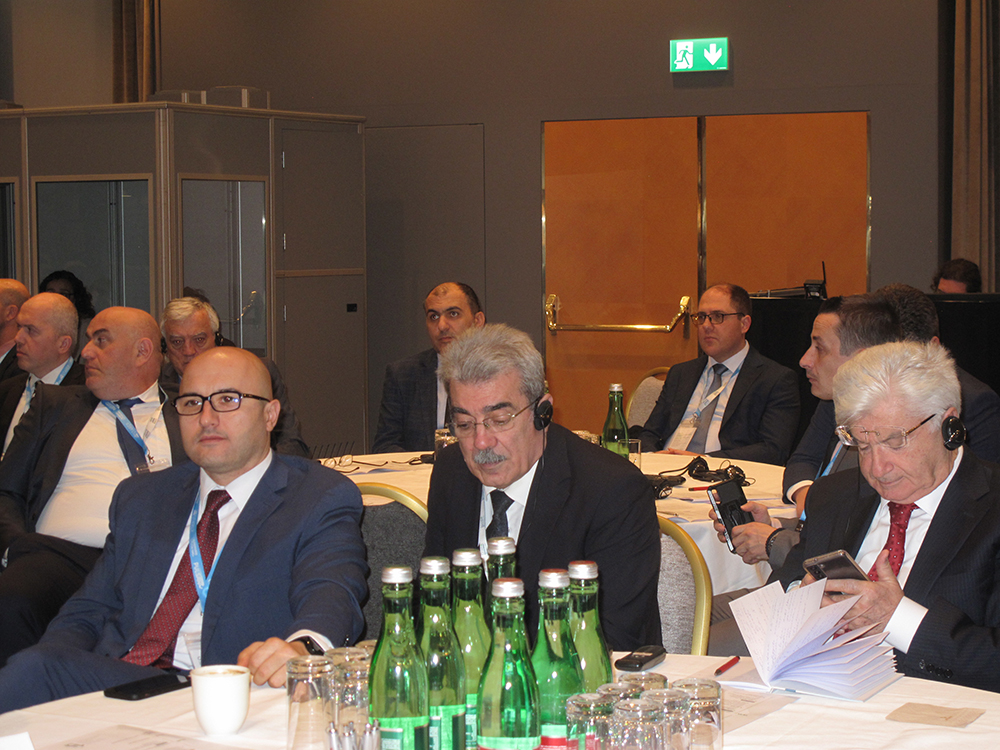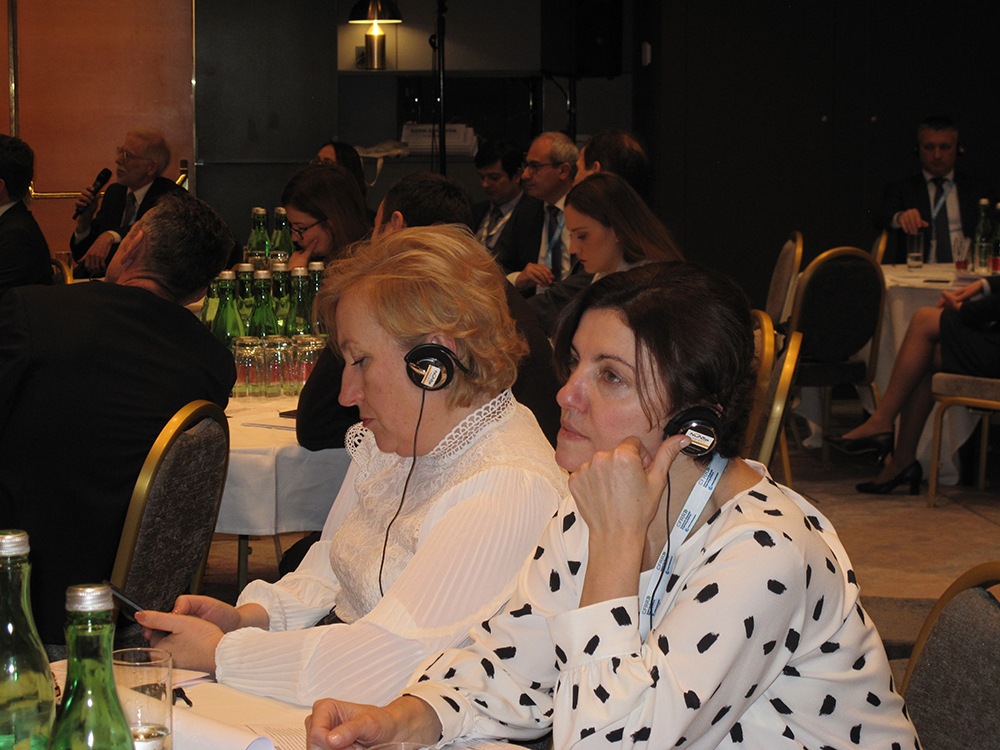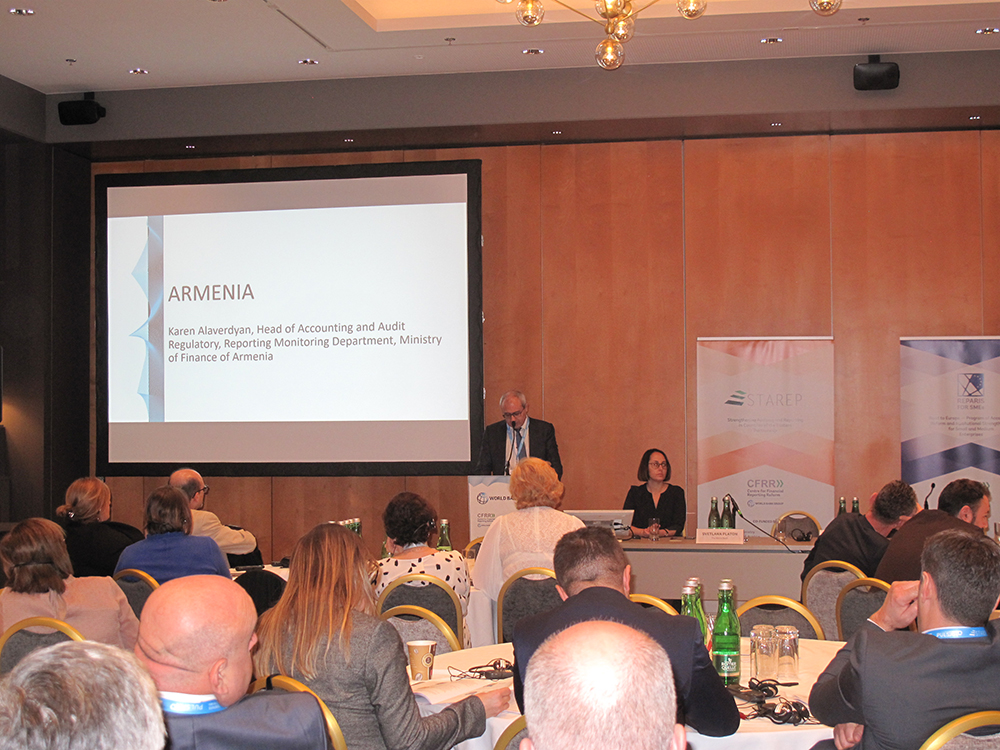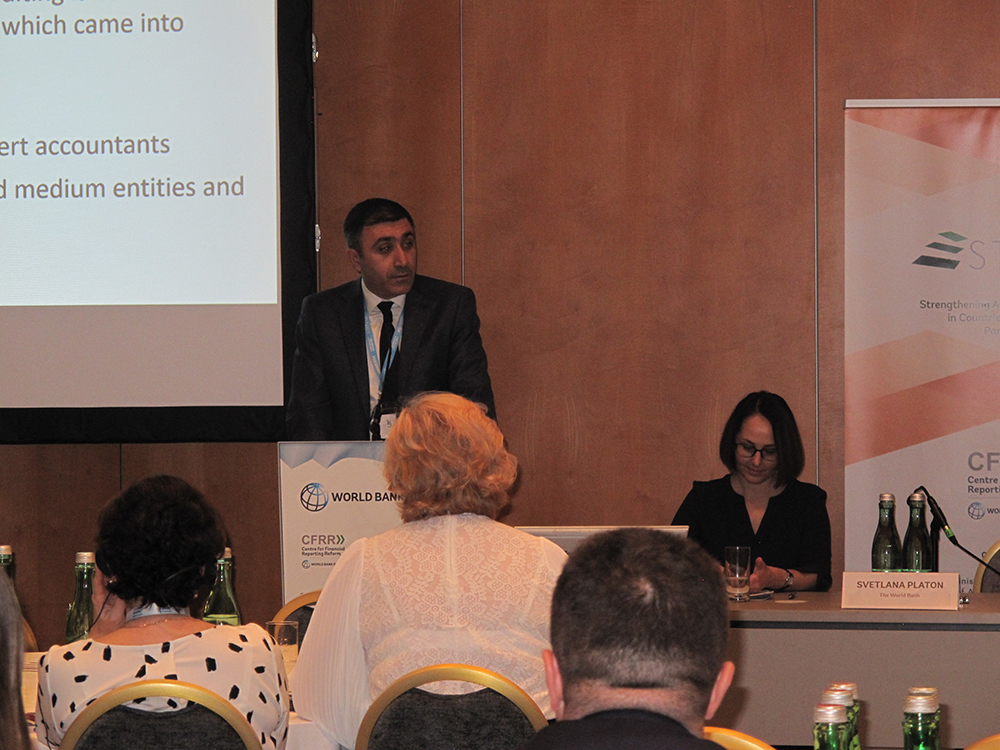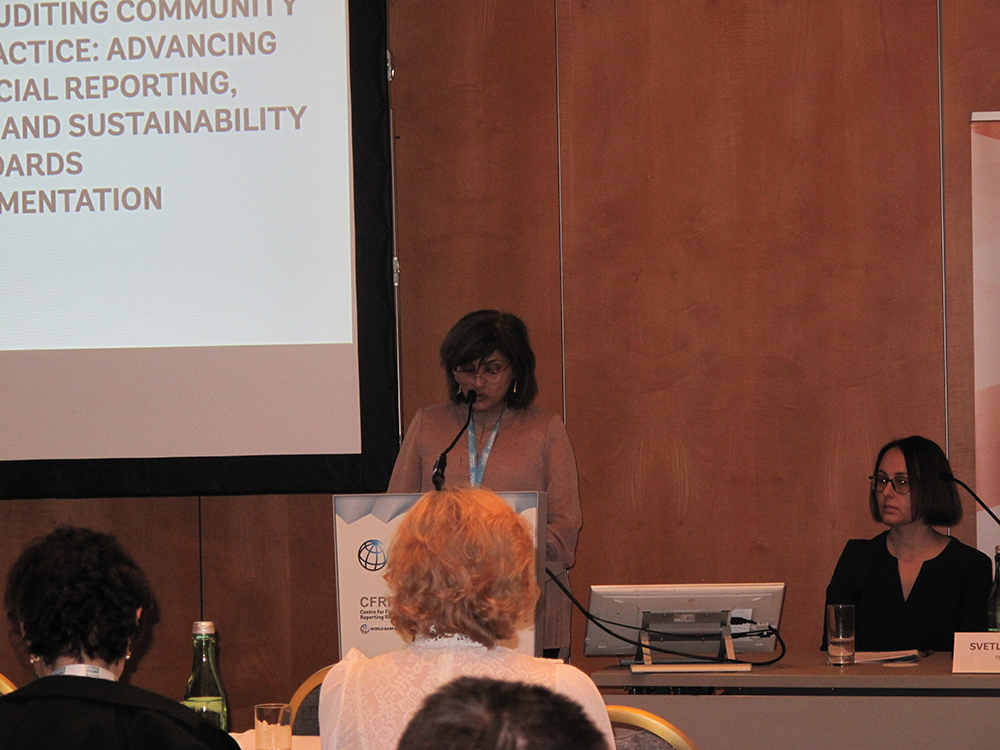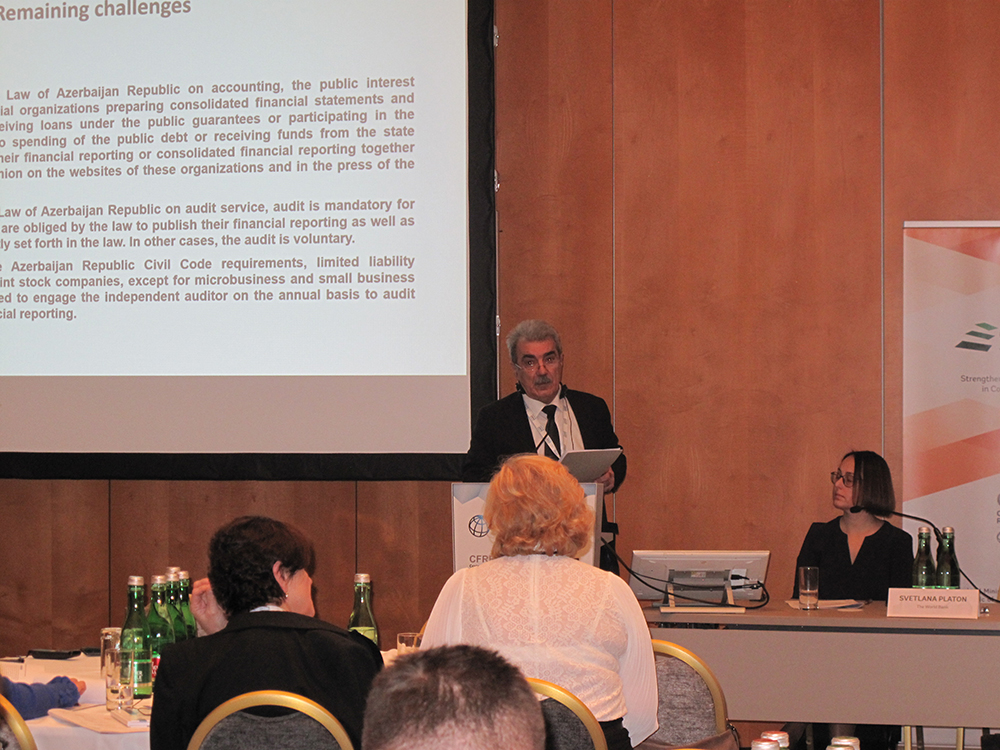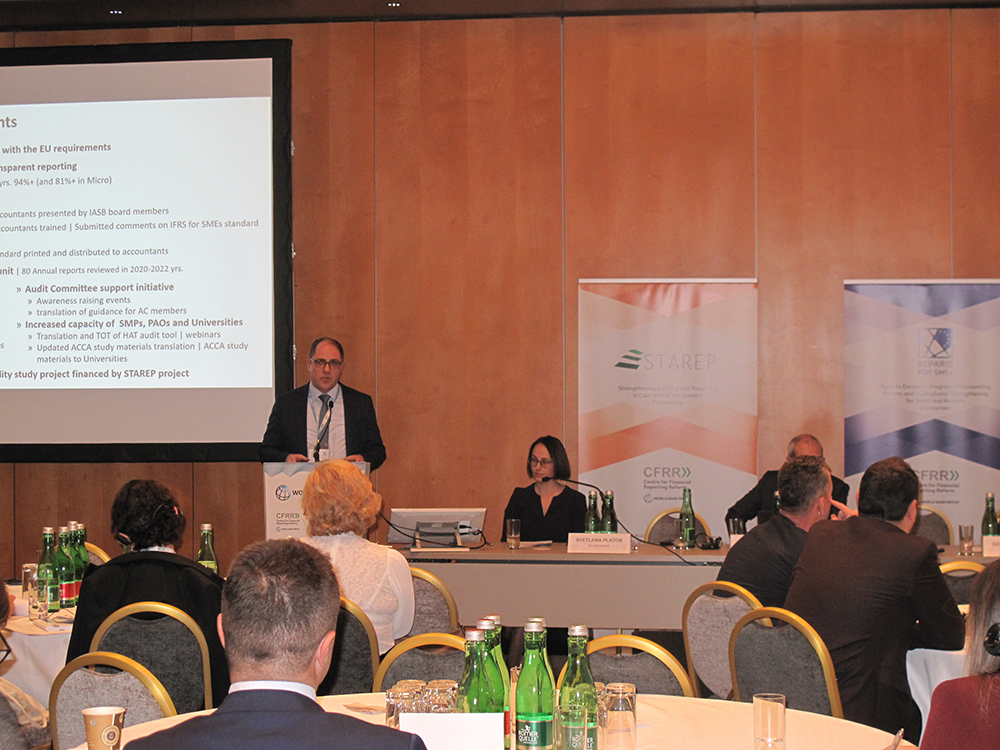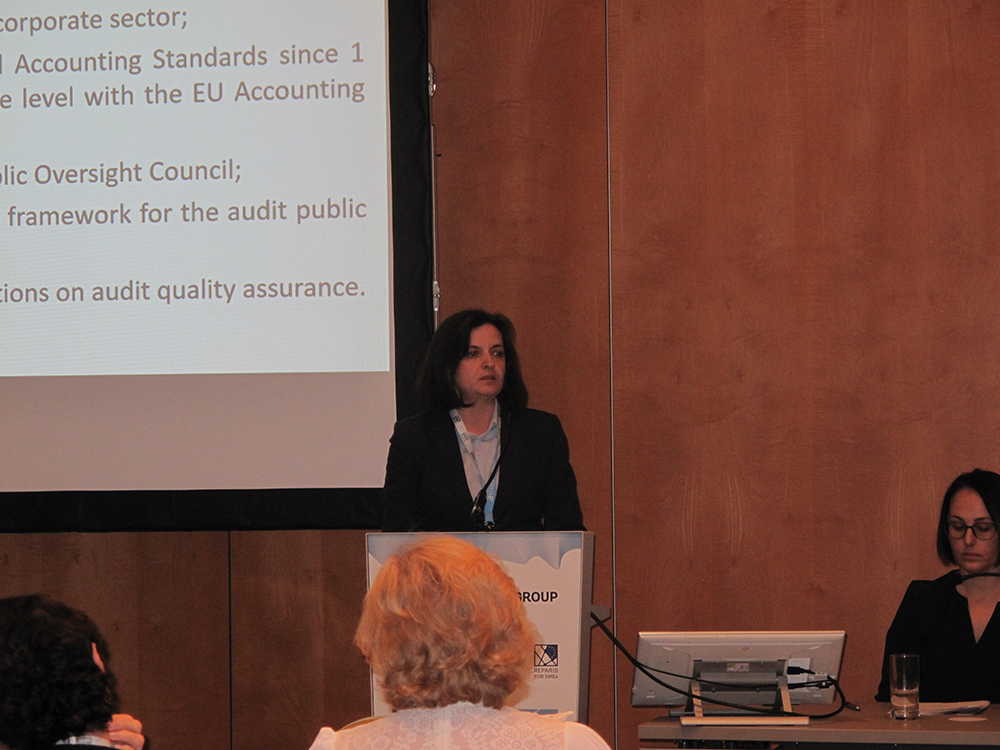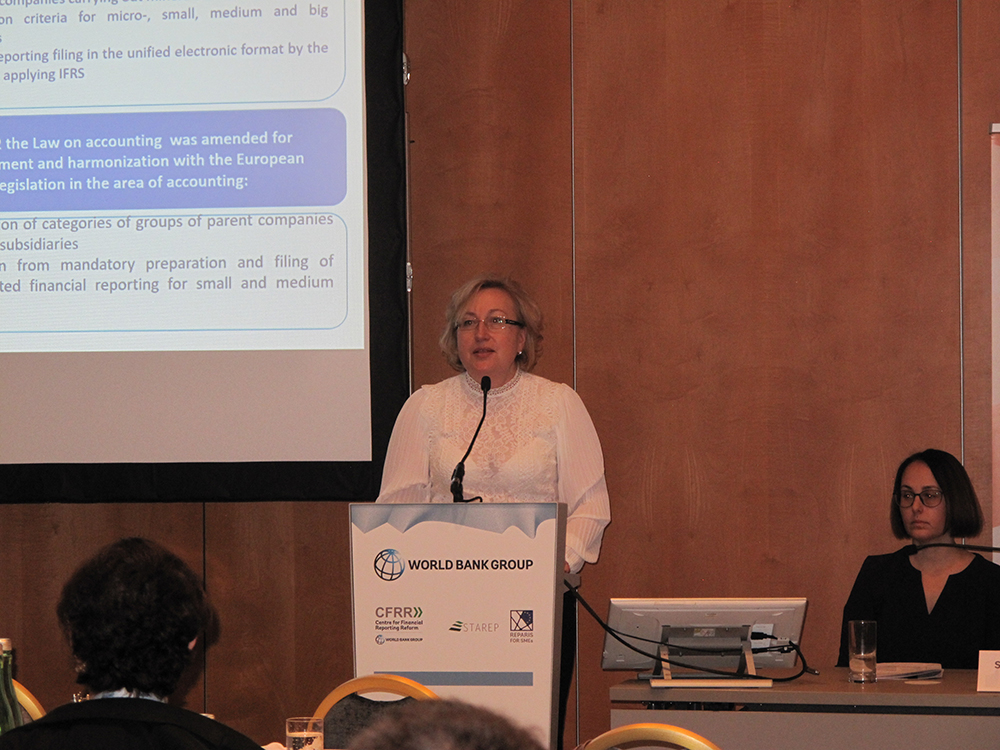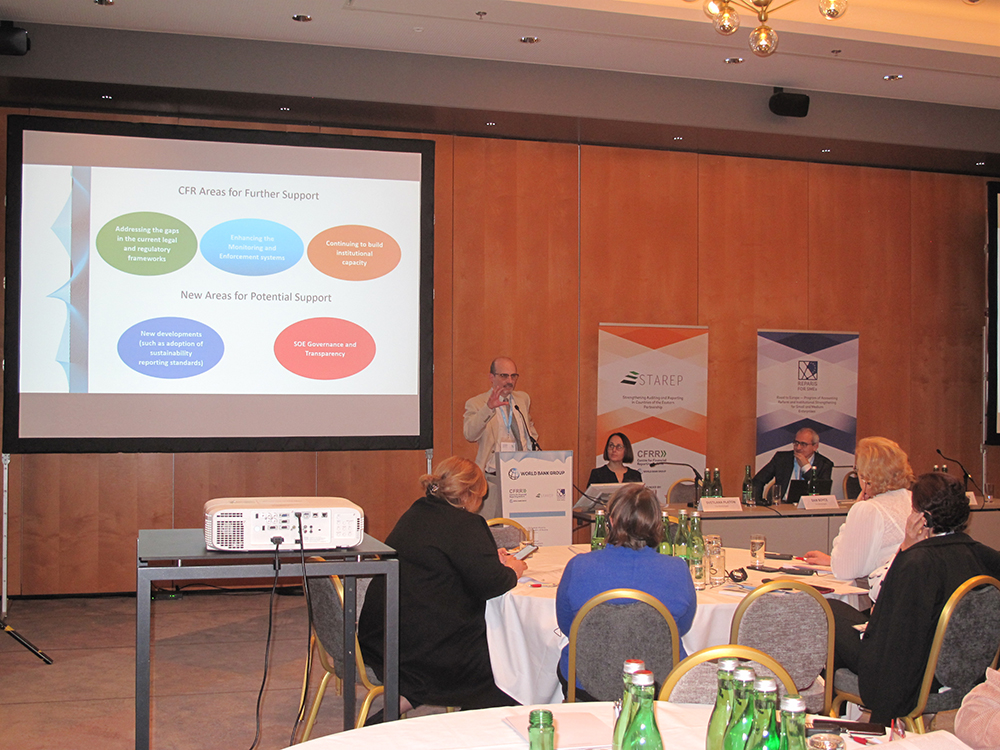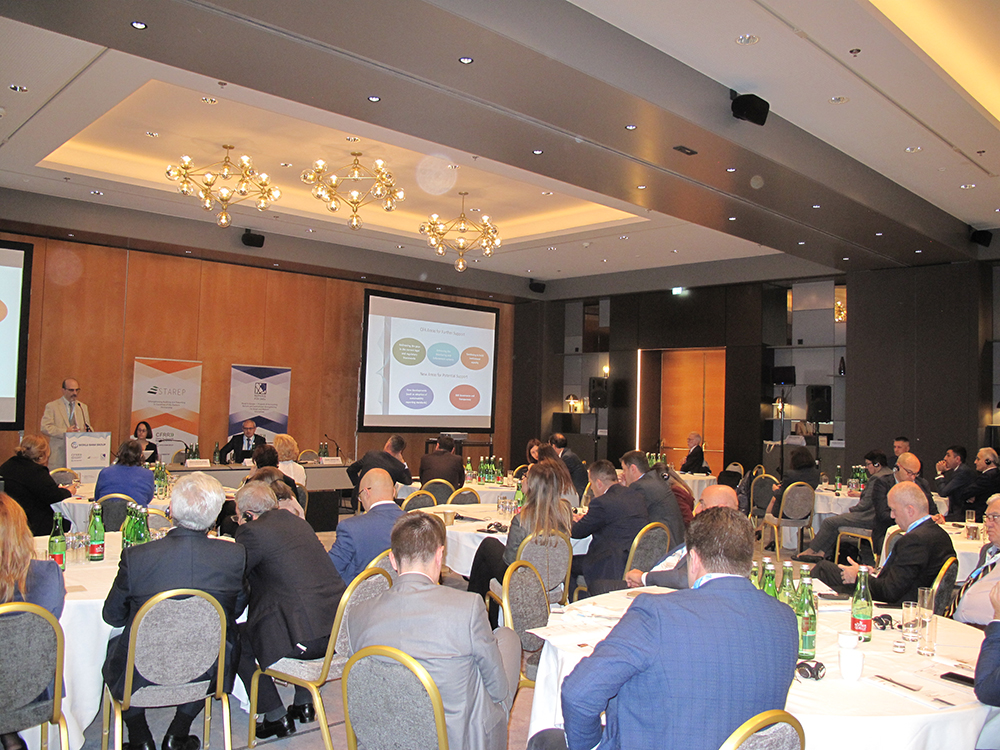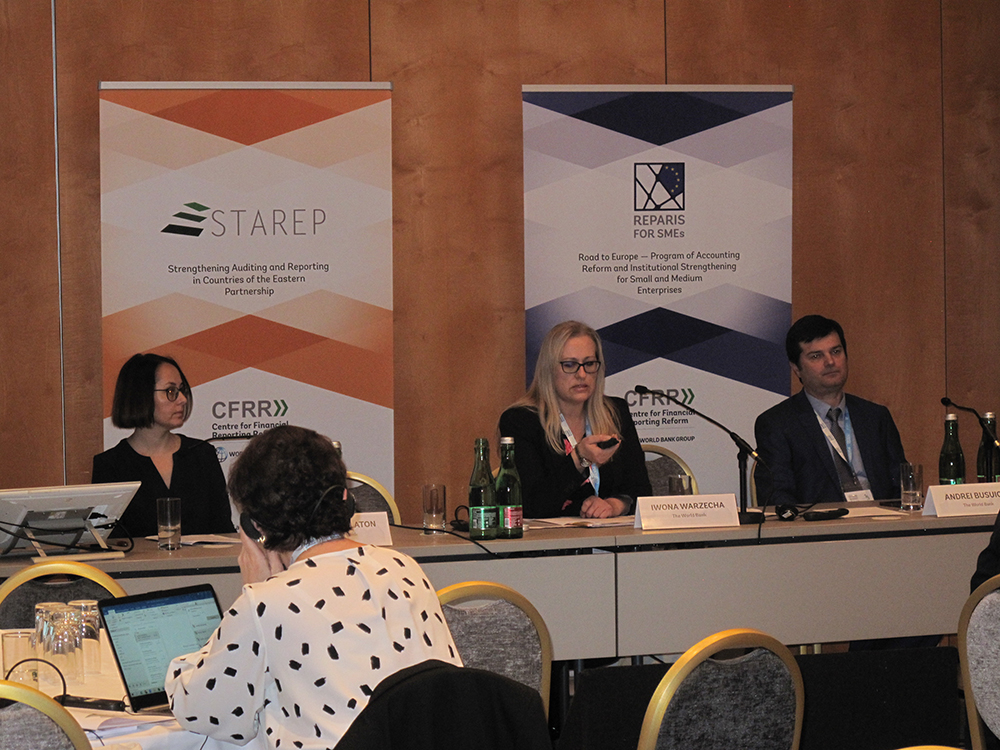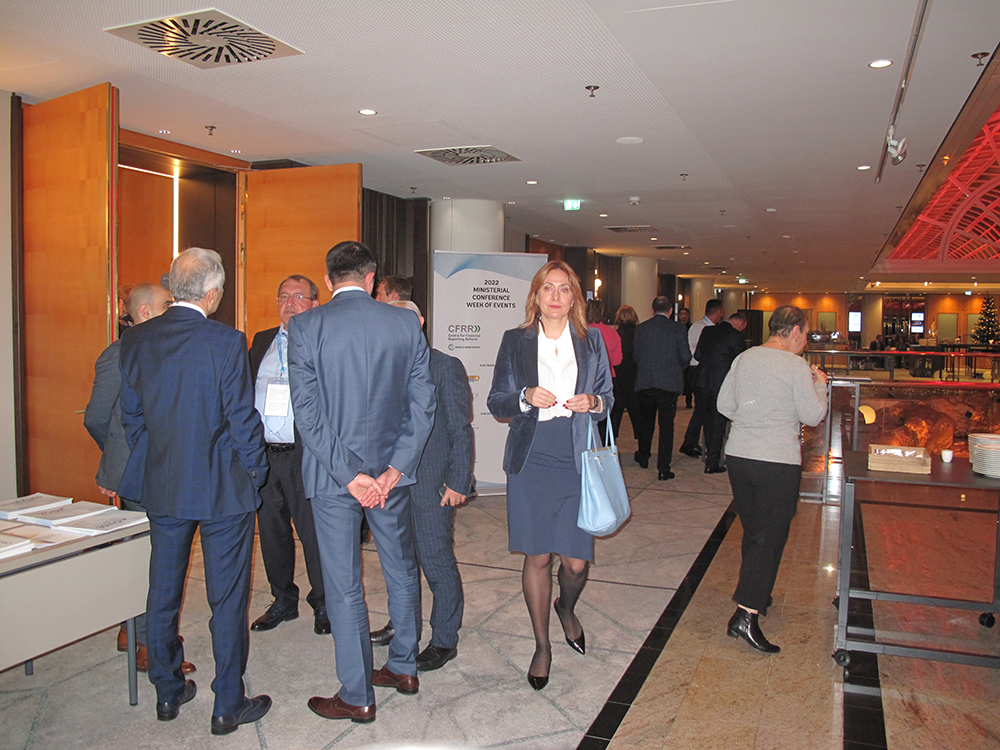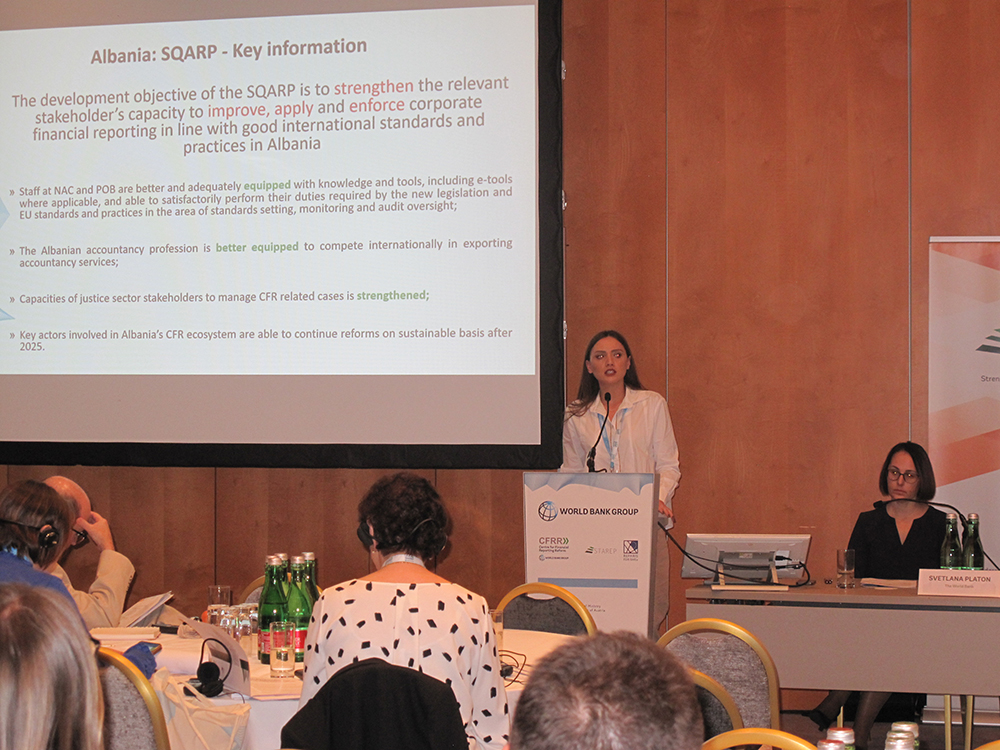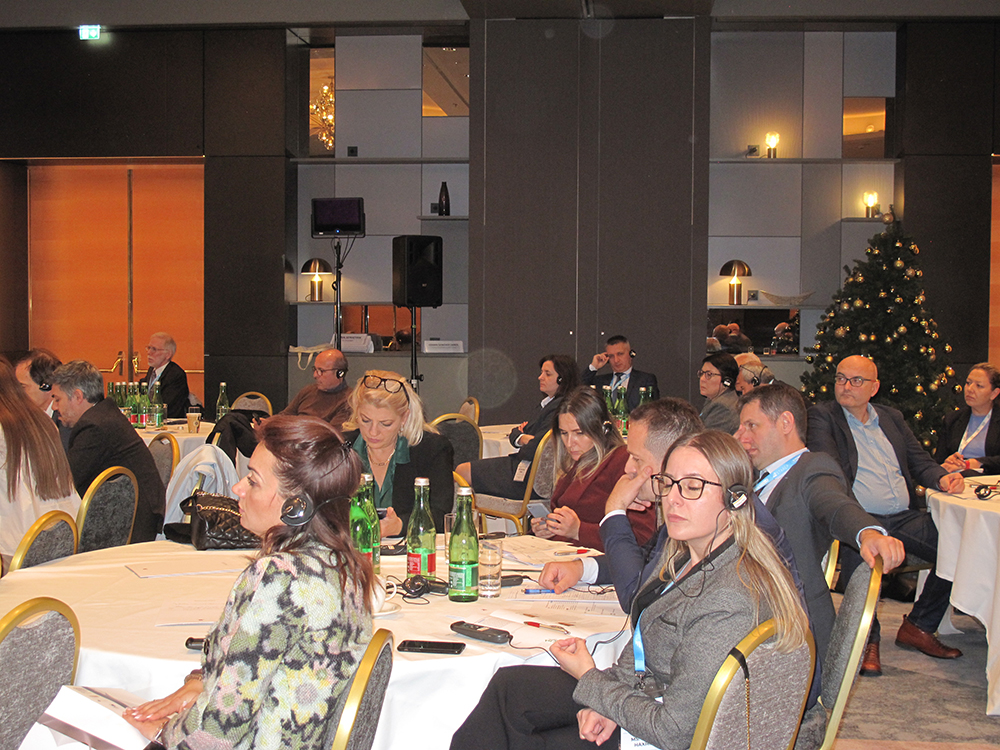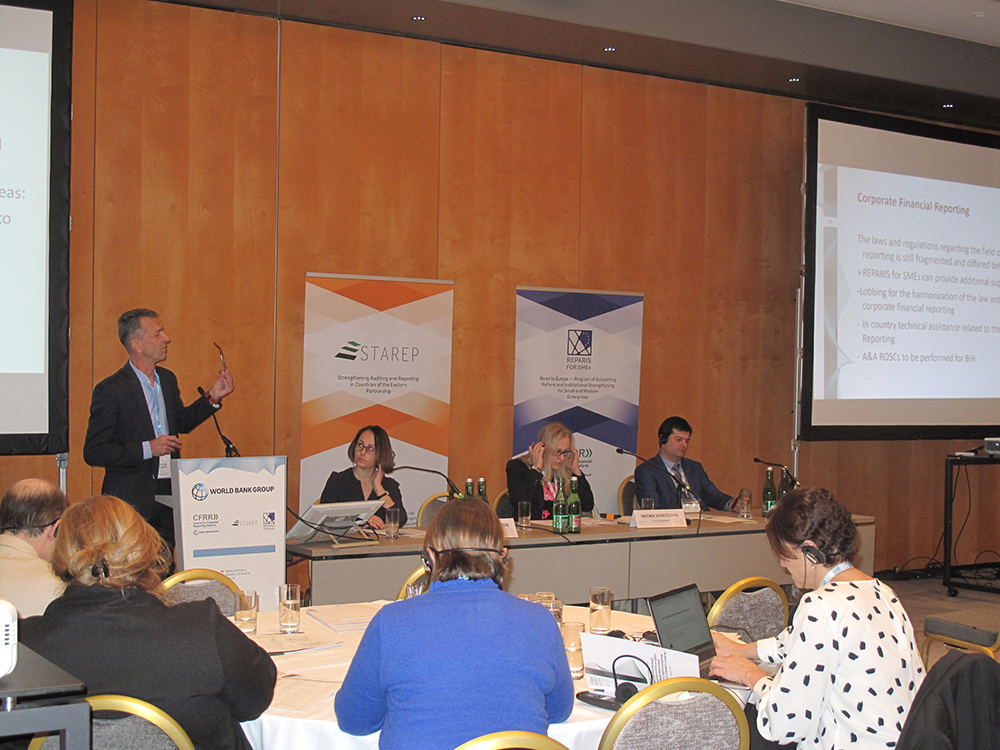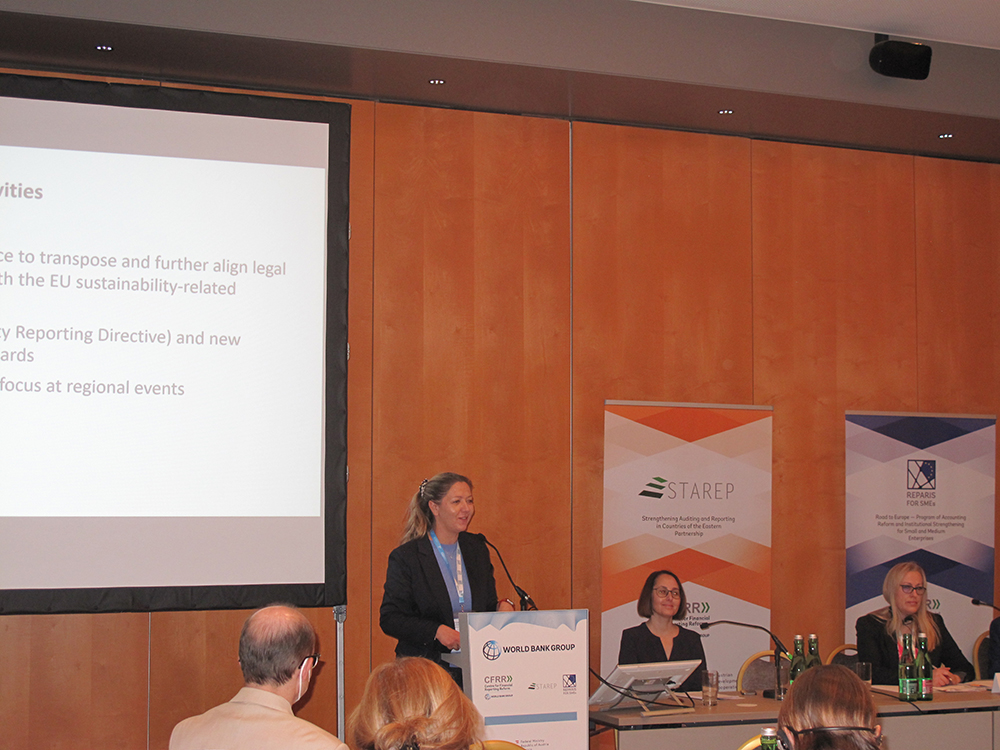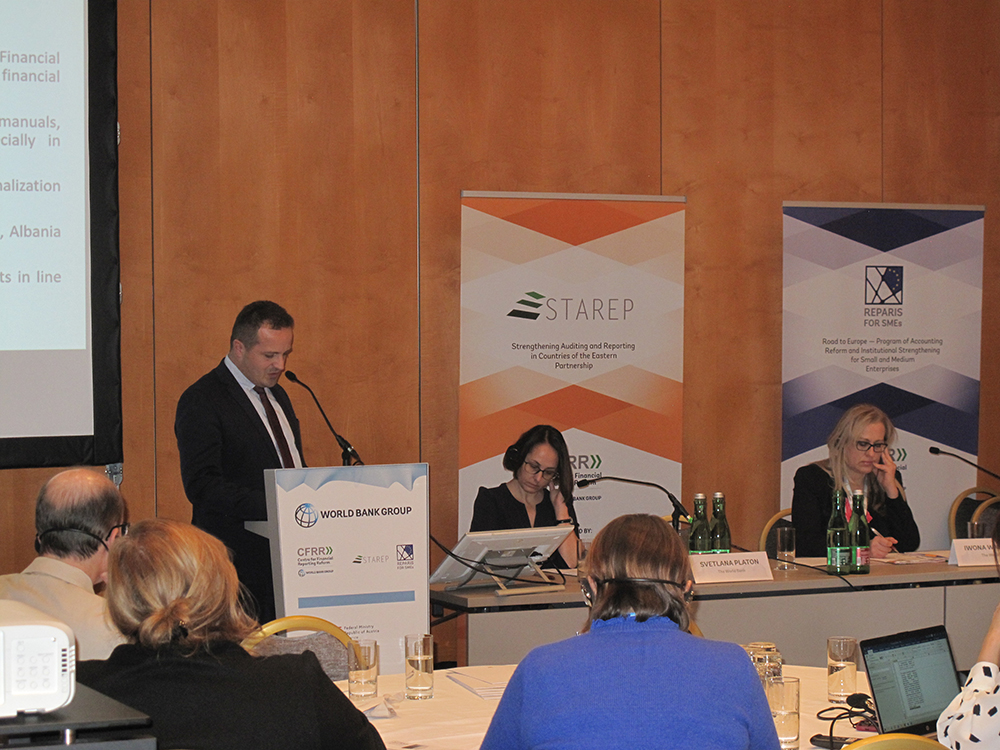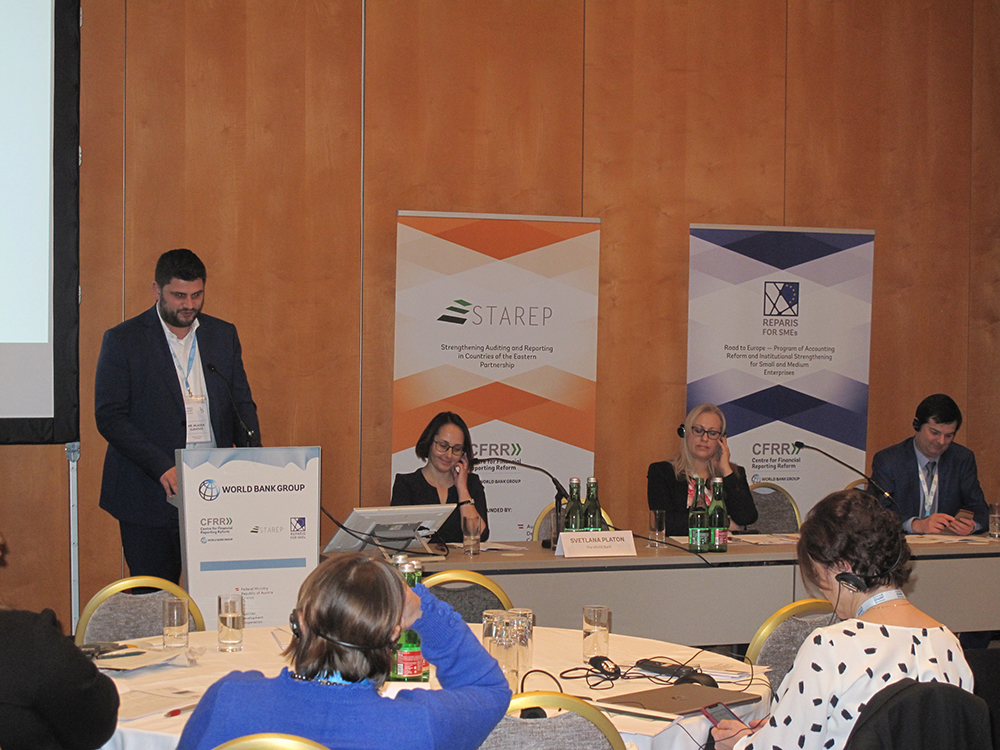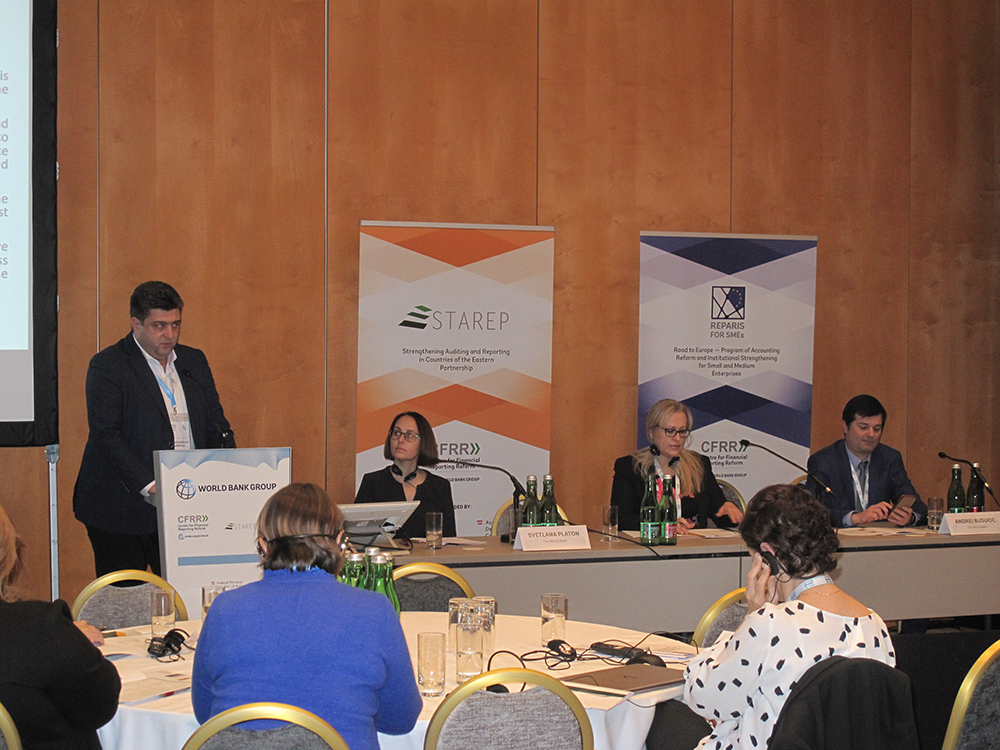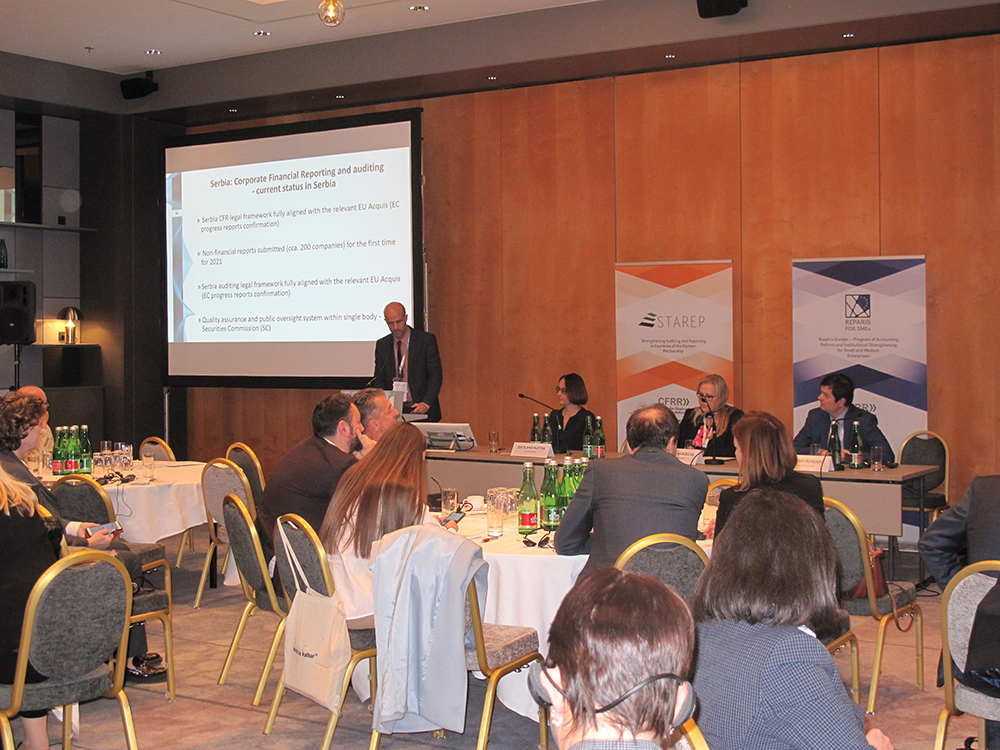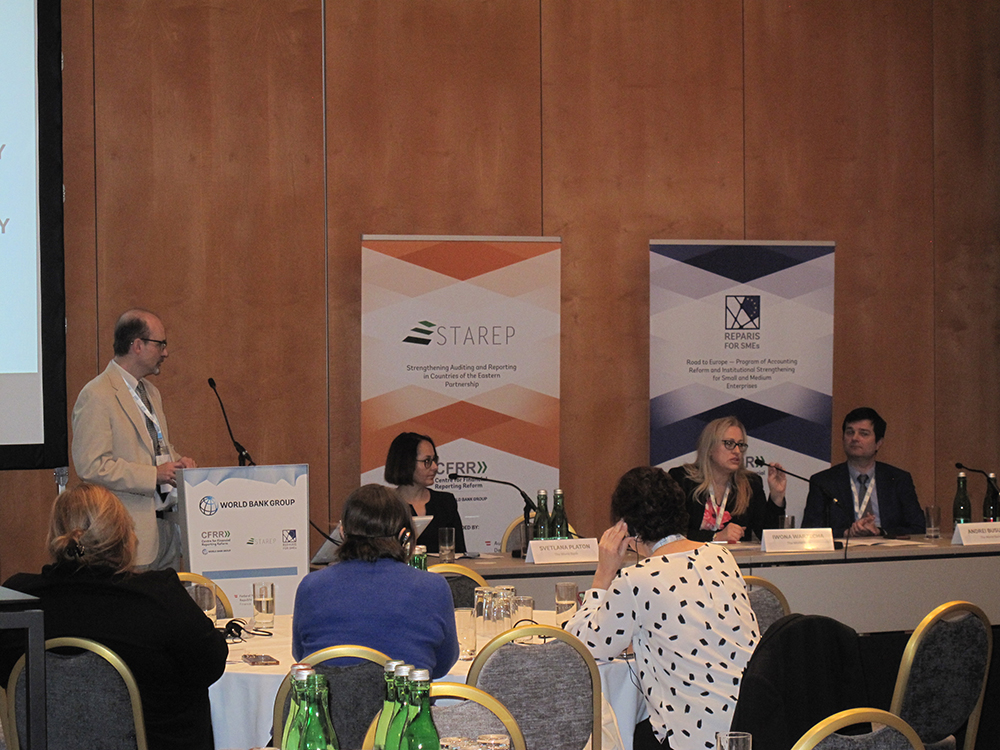A joint Accounting and Auditing Community of Practice (A&A CoP) workshop took place in Vienna, Austria on December 01, 2022. The event was organized under two flagship programs of the World Bank Centre for Financial Reporting Reform (CFRR): Strengthening Auditing and Reporting in the Eastern Partnership (STAREP) and the Road to Europe Program of Accounting Reform and Strengthening Institutions for Small and Medium-sized Enterprises (REPARIS for SMEs). The event convened more than 70 participants, including representatives of public oversight bodies, accounting and auditing regulators, and professional accounting associations. It was held as part of events marking 15 years of CFRR activities.
The A&A CoP workshop offered participants an opportunity to interact directly with experts involved in drafting the European Sustainability Reporting Standards (part of the European Commission proposal for the Corporate Sustainability Reporting Directive) and discuss the impact of environmental, social, and governance (ESG) issues on the performance of SMEs.
The new European sustainability reporting framework aims to ensure that there is adequate publicly available information about the risks that sustainability issues present for companies, and the impacts of companies themselves on people and the environment (so called double materiality concept). Information should be presented in a predefined format, using a new taxonomy, and be subject to audit so it is comparable, reliable, and easy for users to find and make use of with digital technologies. The goal is to help reduce systemic risks to the economy and to improve the allocation of financial capital to companies and activities that address social, health, and environmental problems. The reporting will make companies more accountable for their impact on people and the environment, thereby building trust between them and society.
Over the course of rich and wide-ranging discussions, A&ACoP participants agreed that SMEs have an important role to play on the sustainability agenda. Communities, culture, and communication should all be considered together to ensure success:
- there should be an authentic, personal, “uncorporate” approach;
- sustainability reporting should be brutally honest (turn a negative into a positive);
- clear language and use of visual aids and examples make information accessible;
- the narrative should be connected to data;
- sustainability reporting should bring it all together – materiality, assurance, and effective use of distribution platforms (including social media).
The workshop included updates for participants about: (i) the revised set of International Forum of Independent Audit Regulators (IFIAR) Core Principles, reflecting advancements in audit oversight since the IFIAR Core Principles were originally developed in 2011; (ii) IFIAR’s restructured Associate Member category; and (iii) the results of the 2021 Inspection Findings Survey, arising from IFIAR member regulators’ individual inspections of audit firms affiliated with the six largest global audit firm networks. The IFIAR Core Principles seek to promote effective independent audit oversight globally, thereby contributing to an overriding objective of serving the public interest and enhancing investor protection by improving audit quality. Participants were given an insight into the practical application of the Core Principles from the perspective of Austria.
The event discussed how the profession, with support from professional accounting organizations and the International Federation of Accountants (IFAC), can prepare and build capacity to respond to new responsibilities and demand, in particular to serve SMEs; and the model role for small and medium sized practices in providing business support to SMEs, including digital technology and ESG responsibilities.
STAREP closes on December 31, 2022, and the workshop considered overall project results and some of the lessons learned during implementation. Beneficiary countries shared national achievements in the field of accounting and auditing that were supported by STAREP and highlighted the remaining challenges. There had been considerable progress as a result of the project, but the corporate financial reporting (CFR) agenda in EU Eastern Partnership countries still required significant attention and support to continue enforcement of initiated reforms or to launch new reforms in line with recent global initiatives. This included addressing gaps in legal and regulatory frameworks, continued strengthening of institutional capacity, and the introduction of new requirements and standards in CFR, including the upcoming sustainability reporting standards.
Representatives of Western Balkans countries (the beneficiaries of REPARIS for SMEs) outlined the current status of national accounting and auditing reforms and their focus areas to be supported by the regional project and which will have an overall impact on SMEs. The community of practice agreed next steps for the program, including tentative dates and topics for the next regional event.
Disclaimer: This webpage was created and maintained with the financial support of the European Union. Its contents are the sole responsibility of CFRR and do not necessarily reflect the views of the European Union.
